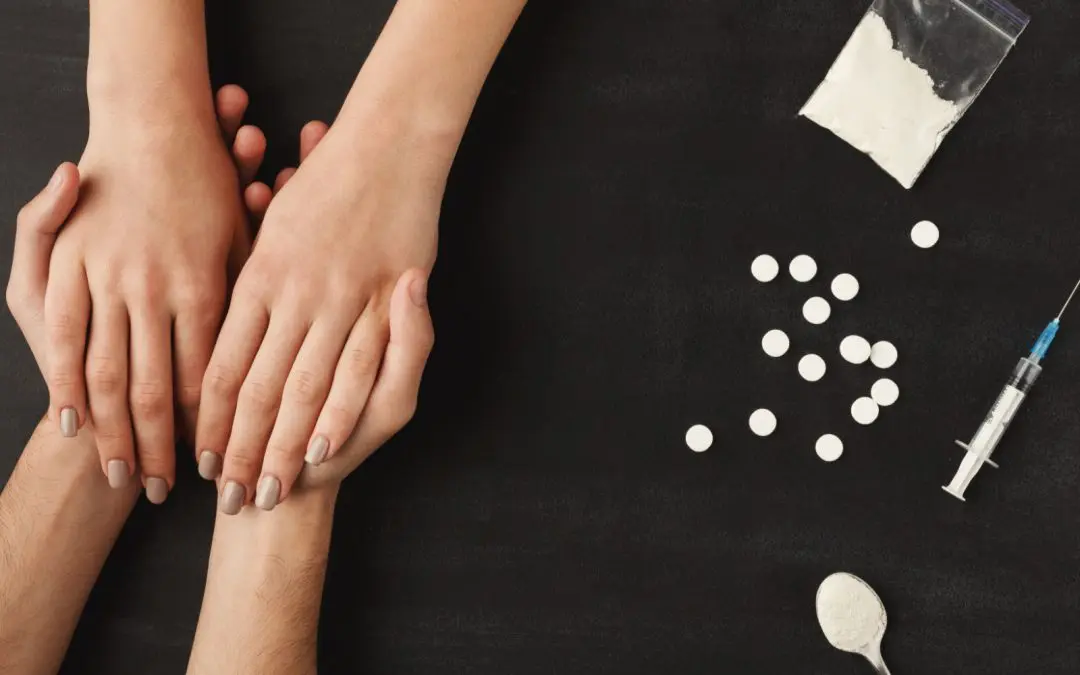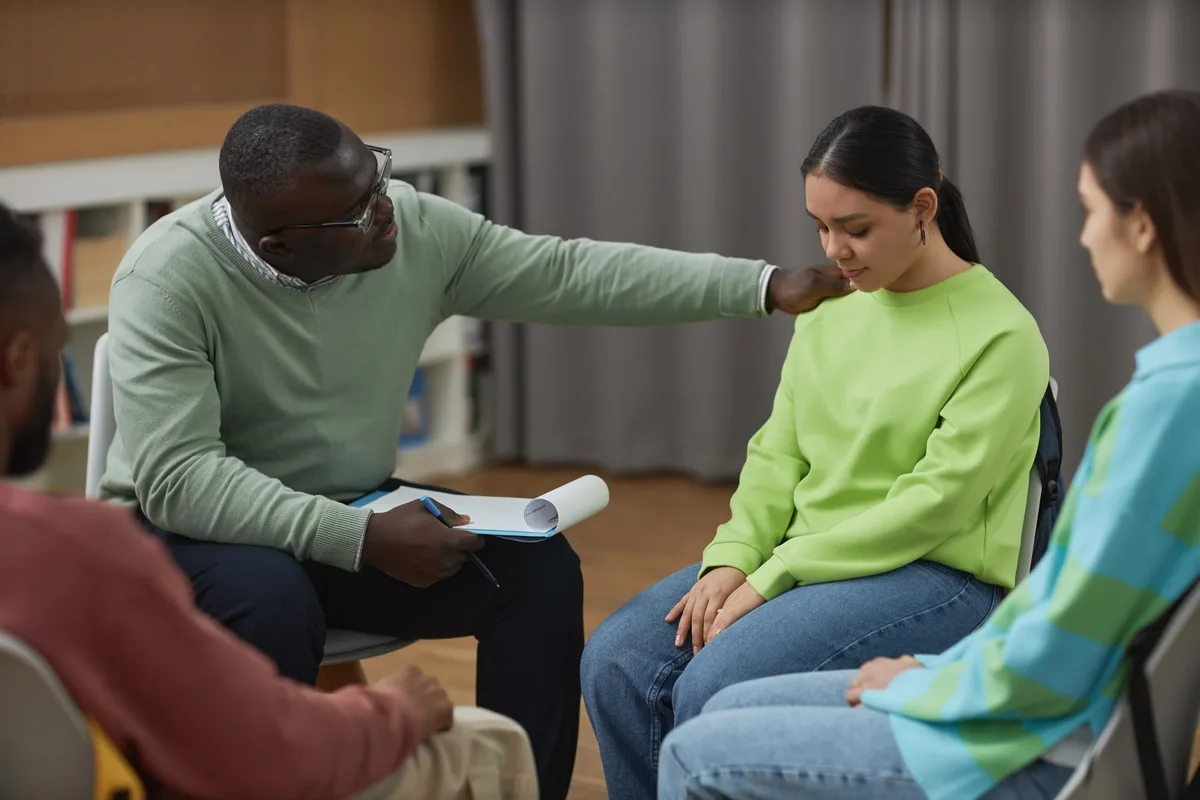24/7 Helpline:
(866) 899-111424/7 Helpline:
(866) 899-1114
Other Insurance Options

United Health Care

Evernorth

Magellan

Oxford

CareSource

WellPoint

Covered California

Multiplan

American Behavioral

Holman Group

Regence

Group Health Incorporated

Coventry Health Care

Kaiser Permanente

Premera

BHS | Behavioral Health Systems

Health Partners

Health Choice

BlueCross

Access to Recovery (ATR) Voucher









WeCare Residential Facility
WeCare Residential Facility is a residential treatment facility for children with mental health issu...




















































































































































































































































